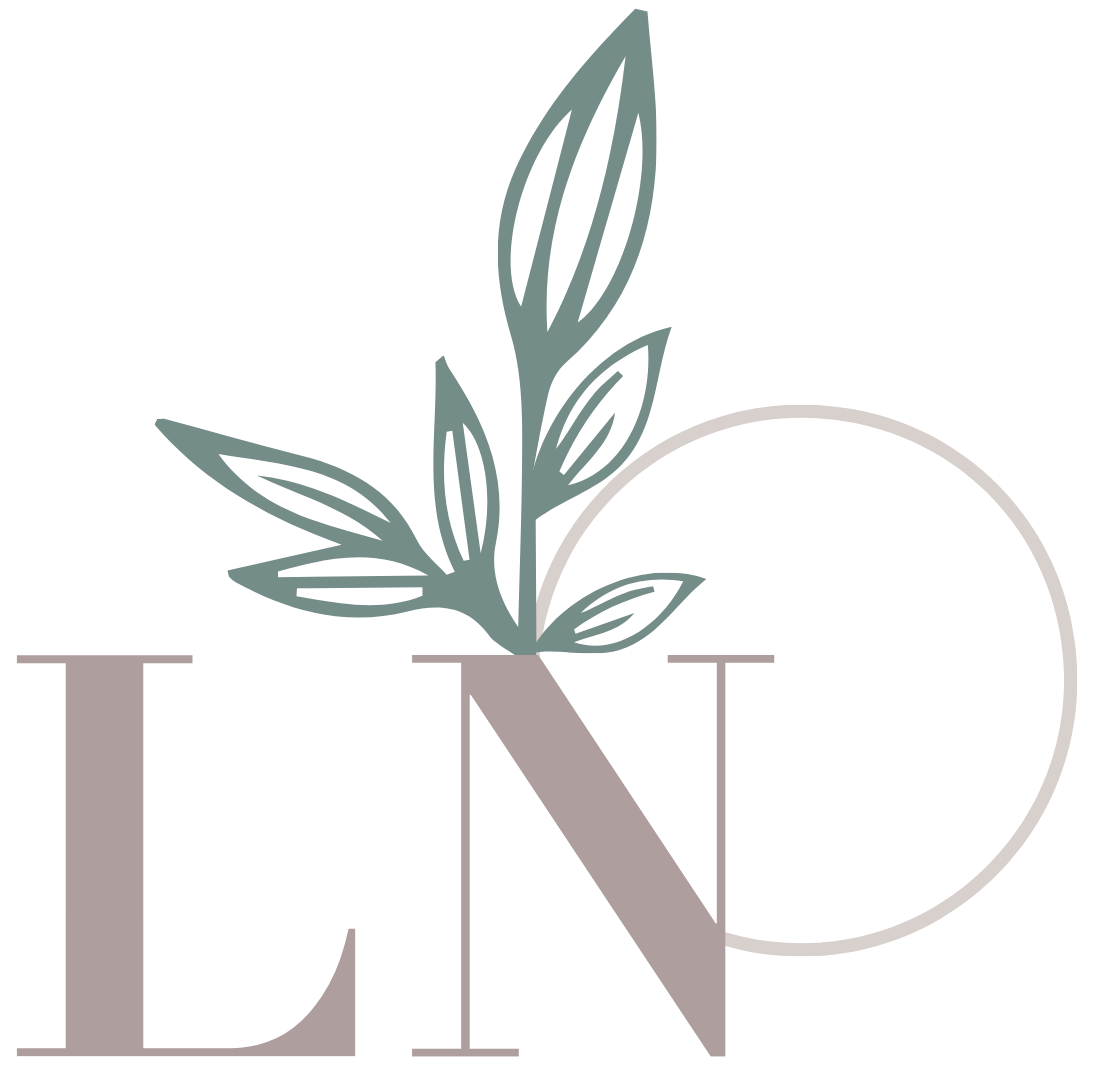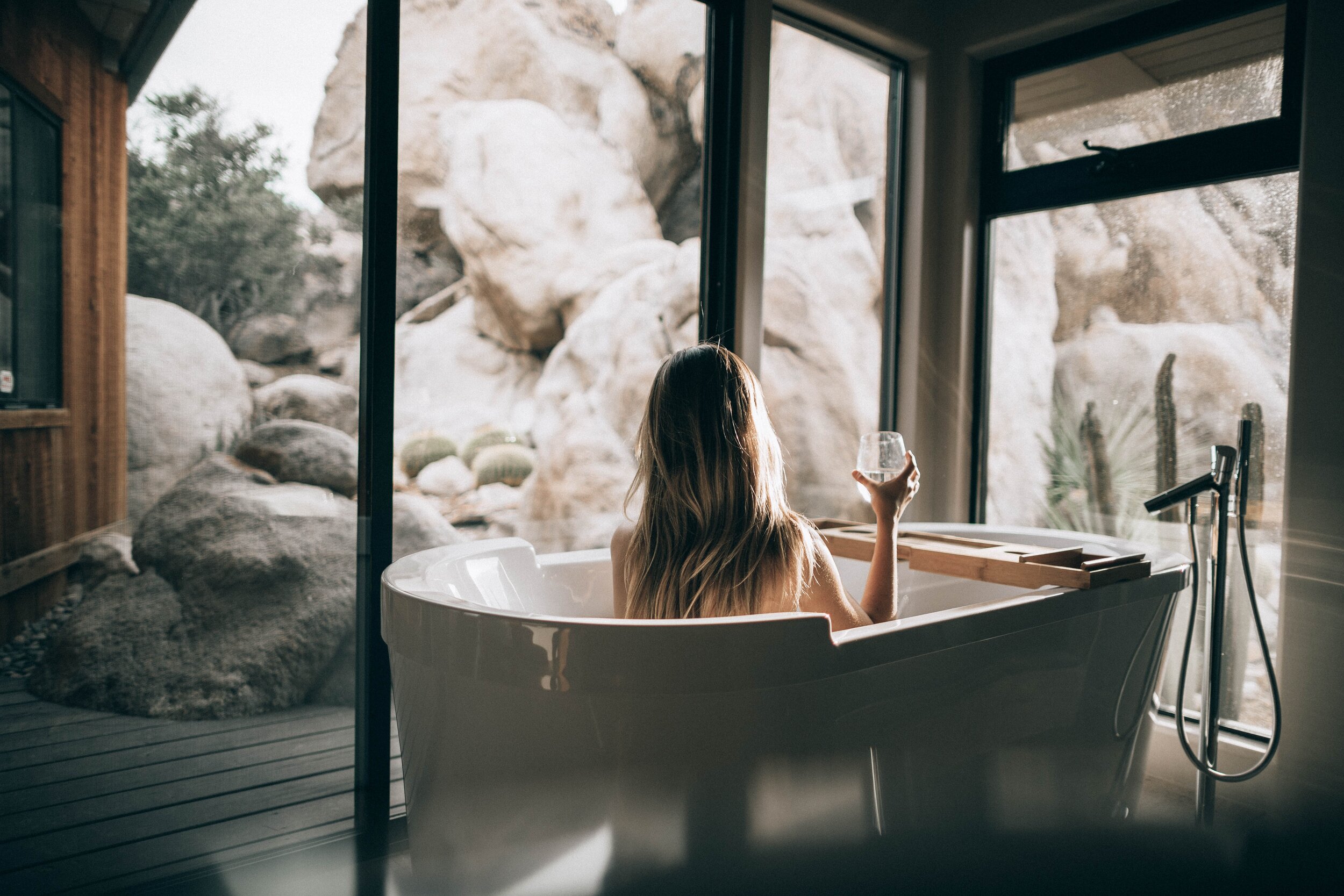The Yin and Yang of Self Care
Self care routines to relax and invigorate you
From a Traditional Chinese Medicine (TCM) perspective, there is a balance between yin and yang. Yin is cold, dark, night time, feminine, while yang is hot, bright, daytime, masculine. There is a constant state of dynamic balance between these two entities. Nothing is ever 100% yin or 100% yang; there is always a little bit of yin in yang and vice versa.
When it comes to our personalities some people are more introverted (yin) while others are more extroverted (yang). Our personality types often contribute to what we like to do for fun, and for self care.
When I think of selfcare there are couple classic examples that come to mind, a warm bath, sitting by a fire, and getting a massage. What you might not realize is that there are yin and yang self care activities! Whether you are are introverted or extroverted, a business executive or a stay-at-home mom your daily job requires self care. Make sure you are incorporating both yin and yang self care activities to optimize the health benefits of your ‘me’ time.
YIN SELF CARE
In general, yin self care rituals are things that allow you to rest, relax, and unwind. They build you up by being calming and rejuvenating routines. Yin self care primarily activates the parasympathetic nervous system, thus slowing your respiratory rate, decreasing your heart rate, lowering your blood pressure, enhancing digestion, and detoxification.
Have a bath
Draw yourself a hot bath, add some Epsom salts, light a candle, play relaxing music, dim the lights, and enjoy. Baths are a great way to signal to your body it is time to wind down. The magnesium in Epsom salts will be absorbed and help to relax your tight and tired muscle, and the hot water will make you sweat and up-regulate detoxification pathways. So have a bath to clean your body inside and out, and clear your mind.
Meditate
Whether it is 10-15 minutes at home, or on your commute to work, mindfulness is an excellent way to calm your mind and body. Meditation helps you to be present, bring awareness to how you are feeling, and to decrease stress. Meditate on your own time using an app like Headspace or Calm, or check out a local studio like Moment Meditation or ZENDEN Meditation in Gastown to join a class.
Set healthy boundaries
Setting healthy boundaries is also known as saying ‘no’. Healthy boundaries can sound like “Given my current workload, I won’t be able to help you right now”, “That sounds like fun, but unfortunately I won’t be able to attend”, “Tonight isn’t going to work for me, can we plan for another day instead?”. When you express your boundaries in a polite and clear manner it gives you the time and space you know you need to care for yourself. Having healthy boundaries prevents you from feeling resentment because you forced yourself to do something that you didn’t have enough energy for in the first place. Boundaries decrease the likelihood of getting overwhelmed, or feeling guilt or shame for saying ‘no’.
Get a massage and an acupuncture treatment
Whether you have a specific area of discomfort or not, massage therapy and acupuncture are great for relaxation! Acupuncture decreases pain, supports digestion, boosts immune system function, improves sleep, promotes circulation, reduces stress, and decreases tension. Massage therapy reduces muscle tension, improves circulation, stimulates lymphatic drainage, improves detoxification, decreases stress hormones, and increases joint mobility and flexibility. Patients report better health outcomes with doctors and healthcare practitioners who offer manual touch as either a form of non-verbal empathetic commutation and/or a treatment modality.
Vacation
Be honest with yourself, when is the last time you took a vacation? Vacations can be a single day, a week, or even longer. In my opinion, vacations 1-2 hours out of town seem to provide a lot more relaxation than stay-vacations. It is easy to accidentally end up working from home, or checking off your to-do list when you stay-cation. So get out of town, relax, indulge, and come back rested, reset, and revived!
YANG SELF CARE
In contrast to yin self care, yang self care focuses on activities that restore balance by making you feel energized, invigorated, and inspired. These activities can be stimulating, but should not push you into overdrive.
Have a bath…in the forest
Forest bathing, also known as forest therapy, doesn’t involved bathing in a traditional sense. Forest bathing is as simple as spending time in nature, and tuning into your senses. Immerse yourself in an old-growth forest or local park, and pay attention to the smells of moisture, trees, dirt. Listen for the sounds of birds, squirrels, and leaves crunching under your feet. Breath in the clean, moist air. In Japan, this practice is decades old, and know as shinrin-yoku which roughly translates to “taking in the forest”. More recently research has been done to further support the feel-good feelings that come from time spent in nature. Forest therapy has been shown lower depression, lower cortisol (stress hormone) levels, elevate mood, and increase activity of natural killer cells to help fight infection, and eliminate abnormal cells with cancerous potential.
Do a salt scrub
A salt scrub is one of my favourite forms of hydrotherapy. Sea salt or Epsom salt can be used to scrub your body in the shower. Gently rub the salt scrub on your skin in a circular motion, leave it on for one minute, and then rinse. Salt scrubs remove dead skin cells through exfoliation, promote skin cell turnout and regeneration, increase lymphatic drainage, improve circulation, and cleanse the skin (thanks to salt’s natural antiseptic properties). The scrubbing action on the skin is invigorating, increases energy, promotes wakefulness, and elevates mood. Consider adding eucalyptus, rosemary, or blood orange essential oil to your salt scrub to enhance this refreshing self care routine.
Move your body
It is important to move your body everyday. Somedays the only activity you will be able to incorporate is your commute to and from work, or taking your dog out for a walk. Other days you will have pent-up energy to lift heavy weights or crush a HIIT fitness class. When it comes to exercise, the most important thing is not what you do, but how often you do it! It would be better to walk 2 km every day than run 10 km once every two weeks. The form of exercise that inspires you and pushes you one day, may be very different from what your body is craving the next day! What I’m saying is don’t omit exercise just because you don’t have the energy to do a high intensity workout; listen to your body and consider a light jog on the seawall or a yoga class instead. So don’t skip it, just switch it! Even light activity will improve mood, increase energy levels, and decrease stress.
Clean, tidy, declutter
A clean, tidy space seems to help increase my creativity and decrease my stress levels. Though it can take both time and energy to declutter a whole room, sometimes I like to do what I call a 10-minute tidy. I set a timer and see how much I can get done in 10 minutes. I often surprise myself with how much I can tackle in such a short time! Quickly fluff and rearrange the decor pillows on the couch, gather the TV remotes to one spot, and wipe down the surface of the coffee table - that took you 1 minute, now you have 9 minutes left to give a once over to your kitchen, bedroom, and bathroom as well! Even if you only have time for a few minutes of cleaning, I can guarantee you will still feel accomplished with the results of an express clean. If you are doing a larger purge consider consigning your clothes or donating your things for extra feel-good vibes.
Take yourself out for a coffee date
Slow down, this is not just grabbing a coffee to-go like you do every morning. This self care ritual involves ordering that extra hot, house-made nut milk latte that you would never order when you are in a rush. Order your drink of choice to stay at the cafe, find a cozy spot to sit, and take in your surroundings. This is a perfect opportunity for people watching, self reflection, and goal-setting. If you think you will be tempted to scroll through your phone, bring a paper and pen with you; pause, reflect, and jot down inspiring ideas that come to you. A simple ‘me’ moment like this scheduled throughout your month can help you check-in with yourself. Ask yourself: What makes me happy? What is frustrating me right now? What is going well? What needs to change, and what choices do I have to cause that change? You can only set new goals and establish a plan to achieve them if you make time to reflect.
I recommend incorporating both yin- and yang-type activities into your self care routine. Balance is key, so you want to make sure you are doing rituals in your downtime that relax and rejuvenate, but also invigorate and inspire you!
What are your favourite self care activities?
Do you like to do more yin- or more yang-type self care?
Take care,
Dr. Laura Nicholas, ND
This content is not intended to be substituted or interpreted as medical advice and should not be used to diagnose, treat, or prevent any disease or health concern. Please book a consultation with me or a qualified healthcare professional before acting on any information presented here.
References
Boyle, W., & Saine, A. (1988). Lectures in naturopathic hydrotherapy. Eclectic Medical Publications.
Lee, J., Park, B. J., Tsunetsugu, Y., Ohira, T., Kagawa, T., & Miyazaki, Y. (2011). Effect of forest bathing on physiological and psychological responses in young Japanese male subjects. Public health, 125(2), 93-100.
Li, Q., Morimoto, K., Nakadai, A., Inagaki, H., Katsumata, M., Shimizu, T., ... & Kagawa, T. (2007). Forest bathing enhances human natural killer activity and expression of anti-cancer proteins. International journal of immunopathology and pharmacology, 20(2_suppl), 3-8.
Li, Q. (2010). Effect of forest bathing trips on human immune function. Environmental health and preventive medicine, 15(1), 9.
Patil, S., Sen, S., Bral, M., Reddy, S., Bradley, K. K., Cornett, E. M., ... & Kaye, A. D. (2016). The role of acupuncture in pain management. Current pain and headache reports, 20(4), 22.
Phoon, C. K. (2000). Must doctors still examine patients?. Perspectives in biology and medicine, 43(4), 548-561.
Yu, C. P., Lin, C. M., Tsai, M. J., Tsai, Y. C., & Chen, C. Y. (2017). Effects of short forest bathing program on autonomic nervous system activity and mood states in middle-aged and elderly individuals. International journal of environmental research and public health, 14(8), 897.

